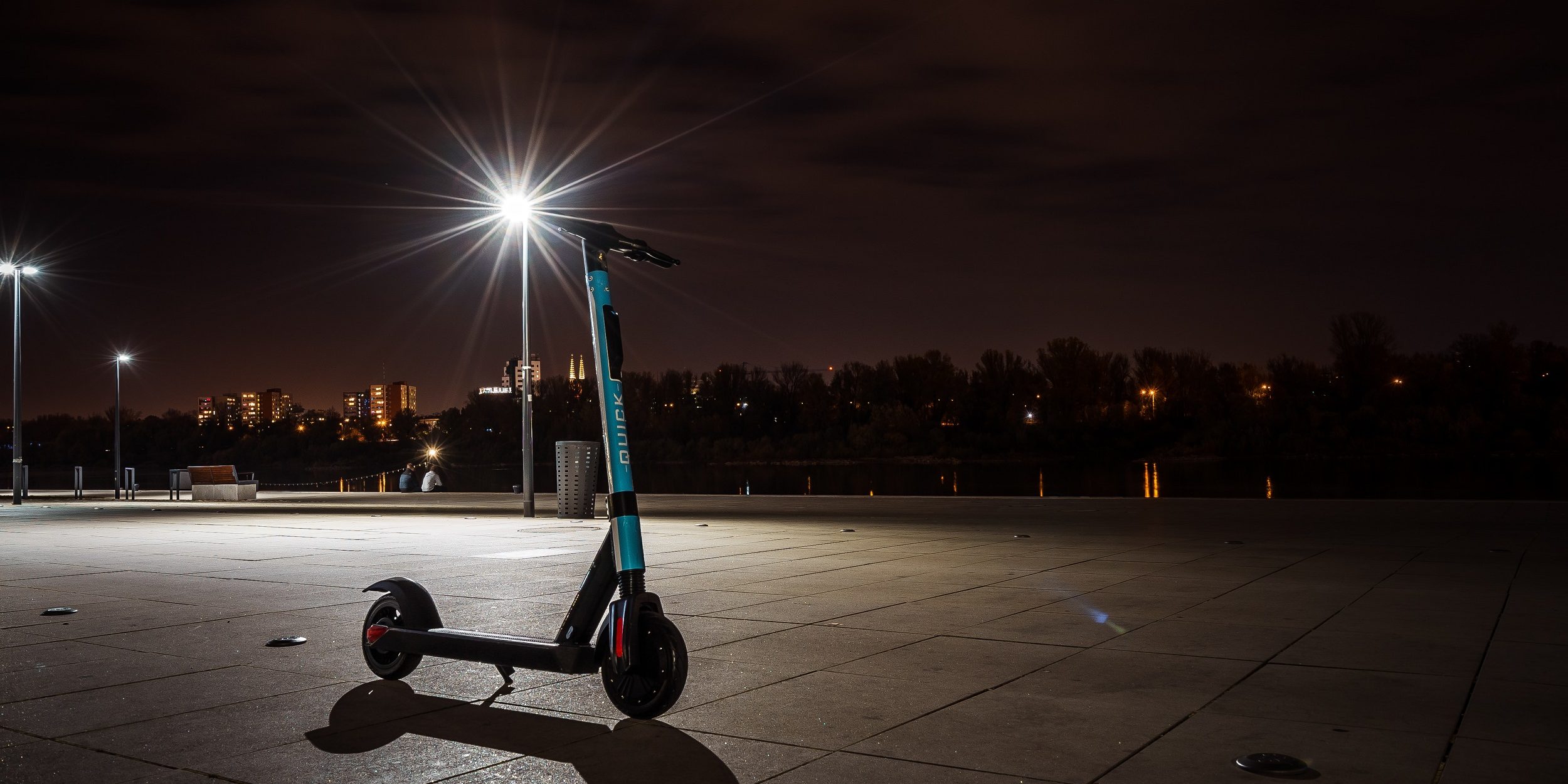According to the BA’s Market Data Service – powered by Sports Marketing Surveys (SMS) – it’s beginning to look a lot like Christmas buying habits will be very different in 2020..
This article was originally written by SMS for Micro-Mobility Biz.
In total, this market, which is predominantly made up of electric and non-electric scooters, has followed the wider cycling industry in enjoying strong growth in 2020. For the first three quarters of the year, sales value in the sector was up 41% compared to 2019.
The data comes from the Bicycle Association (BA) Market Data Service, powered by Sports Marketing Surveys (SMS), which captures cycling and micromobility sales from over 60% of the UK market on over 700,000 individual SKUs.
Overwhelmingly, this growth is being driven by electric scooter sales, where not only have volumes of units shifted risen sharply, but the average sale price has also increased by around 80%. The combination of those dynamics has pushed sales from £7 million to almost £23 million in the BA’s data sample for the first nine months of 2020.
At the same time, the non-electric market shrunk by almost £3 million, a change attributed to lower unit sales rather than any shift in pricing trends. This means that electric micromobility has, in the last 12 months, overtaken the non-electric sector in sales value in the UK. This is despite the fact that the use of privately owned e-scooters remains illegal on public roads, although trials of rental e-scooters in 20 areas of the country are ongoing.
It is legal to sell e-scooters, but both the Bicycle Association and Government have stressed that customers must be properly informed pre-sale about where they may and may not be used legally.
In this context, it will be interesting to see how the trends evolve throughout the winter. In 2019, the final three months of the year accounted for 43% of annual unit sales in the sector. Scooters, in particular, make popular Christmas presents, so with at least part of the Christmas shopping period disturbed by the closure of non-essential stores, one of three scenarios is likely to play out:
– Sales will be reduced or at least postponed to after lockdown (assuming this is lifted as planned on the 3rd December)
– Sales will shift predominantly online with physical non-cycling shops closed
– IBDs, which are able to remain open during the lockdown, will inherit a greater share of scooter/ micromobility sales
The good news for the cycling sector is that, in part thanks to advocacy efforts from the Bicycle Association, bike shops are among those businesses exempt from the regulations. While many IBDs have decided to delay entering the e-scooter market until there is further news on their legal use, there is nothing to stop IBDs selling non-powered and toy scooters as part of their range during and after lockdown.
For IBDs, the possibility of a shift from generalist businesses to the specialty cycling sector in scenario three is tantalising. However, there are caveats. Many IBDs will not have the inventory or floor space to sell other micromobility products. Others may not have the right customer base to appeal to, and with less passing footfall as other retail outlets temporarily close, generating walk-in traffic could be tough. Reaching outside their traditional customer bases and attracting customers who may not expect to find scooters in a cycling shop, or even who may not be aware that cycling shops remain open, is a key challenge. Use of mailing lists and social media, including local groups, is vital.
Those stores who do wish to go down this path should carefully consider the type of client likely to be looking for a scooter at this time of year. In particular, buyers looking for Christmas presents, particularly for smaller children, may swing harder towards the non-electric end of the market, where average price points are over £200 cheaper than in the electric sector.
The trade-off, however, is that the market for kids’ non-electric scooters, in particular, is fiercely competitive, low margin, and, according to the data, in decline as a proportion of the market. Whether or not to jump into the electric scooter market while the results of trials are still pending is a difficult decision and one that ultimately shops can only make on an individual basis.
Whatever happens over the coming months, the cycling industry is clearly waking up to the potential that micromobility offers to diversify sales and complement rather than cannibalise a cycling offering. On Monday 9th November, taking advantage of bike shops’ exemption from the lockdown, Pure Electric opened Cardiff’s first electric bike and electric scooter outlet.
If a decision is made to permit wider use of e-scooters, SMS would expect to see more bike shops of all sizes incorporating scooters (both electric and non-electric) into their ranges, drawing in wider cross-sections of society. This would have the twin effect of increasing scooter sales and also, equally as important, prompting ever wider interest in and conversation about bikes as a mode of urban transport.
SMS’ business development manager for cycling Marc Anderman said: “The decision to keep cycling shops open is another sign of the Government’s increasingly consistent support for cycling as it strives to meet its goal for half of all journeys in towns and cities to be achieved by bike or on foot by 2030. It also follows the added investment in cycle routes that came in the aftermath of the first lockdown. In both the short-term and the long-term, the data shows that micromobility sales offer an opportunity for bike shops across the UK to engage with a wider audience and build on 2020’s growth.”



